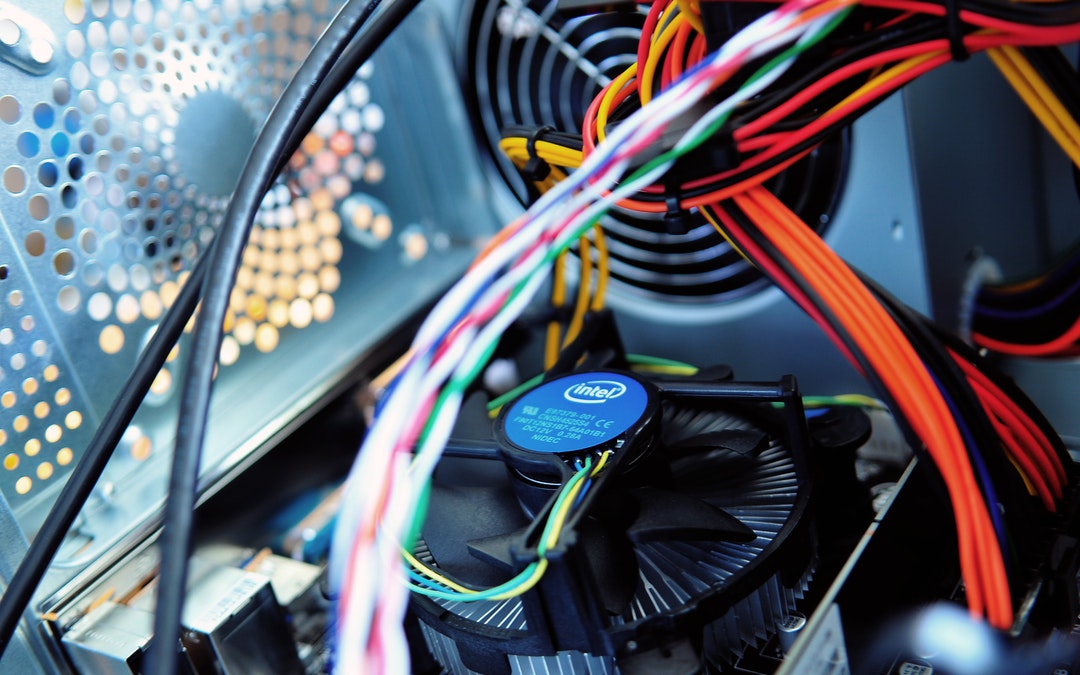
by Michael | Aug 8, 2018 | Our Services, Tech Tips
A No Fix No Fee guarantee is one of the most – if not the most – important factors you’ll need to consider when choosing a computer repair specialist. Teign Geeks has had a No Fix No Fee PC repairs policy for years… and so should any other reputable computer repair company. Yeah, you did read that right. If we can’t figure out what’s wrong with your PC, Laptop or Mac, we won’t charge you a single penny for trying to diagnose the problem for you. Imagine that happened in all walks of life, aye. You’d be much better off financially, no doubt. Can you imagine taking your car to a mechanic because it’s not running right, them spending an age stripping it down to its bare nuts and bolts, then not charging you a penny because they can’t figure out the fault? We’ve proudly been promoting our No Fix No Fee PC repairs policy for years. It’s a key differentiator between Teign Geeks and a lot of our regional competitors. Some say they do it. But very few actually walk the walk like we do. What are No Fix No Fee PC Repairs? When you or any other customer brings a computer into Teign Geeks, we’re pretty confident there are few faults we can’t fix. We aren’t perfect, though. From time-to-time, we’ll be faced with a fault that even our rigorous head-scratching won’t fix. Or, similarly, after spending some time diagnosing the problem(s) with your PC, we might come to the conclusion that it’s not economical to repair. For example, the cost of the repair(s) would outweigh the...
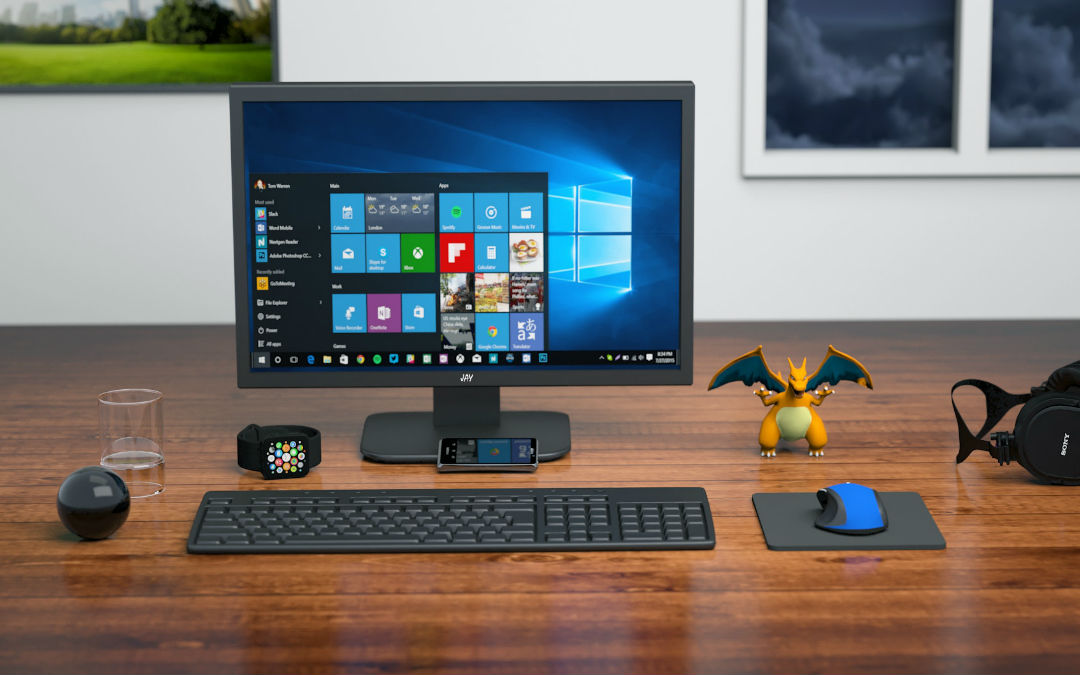
by Michael | Jul 27, 2018 | Tech Tips
We’ve come a long way since Windows 1.0 was released way back in 1985. There’ve been no fewer than 25 different versions released by Bill Gates and his buddies since then. But, when should you update your Operating System (OS)? How are you even meant to know if it even needs updating? Even now, we still get laptops and desktops brought into us that are running on Windows 7, Visa and even XP. That’s right: some machines are still running on an OS that’s 17 years old. We don’t expect everyone to know what the latest version of their OS is, though. Some people might not even be familiar with what an ‘operating system’ even is, or which OS is the best. That’s what we’re here for! Types of Operating System An Operating System is software that helps manage computer hardware and software, as well as providing services for computer programs. The three most common types of computer OS, at least one of which you’ll be very familiar with, are: Windows OS X Linux Chrome OS The good thing for you is that you don’t actually generally need to worry about choosing a particular OS to have installed on your PC or laptop. These days, when you first buy your machine, it’ll come with a pre-installed OS. Apple products – such as the Mac and Macbook – use OS X. Computers manufactured by the likes of Dell and HP will generally have the latest version of Windows installed (Windows 10). Although not exclusively, Linux is more commonly used by fully-fledged nerds: computer programmers and software developers. Chrome OS is...

by Michael | Jul 18, 2018 | Tech Tips
Long gone are the days of cheap dial-up internet. These days, you’ll be lucky to get decent-speed WiFi for less than £30 a month. Most of us are paying a sizeable monthly sum for the privilege of ‘fast’ broadband. But, is that what we’re actually getting from our broadband provider? Or is our WiFi speed way below par? More often than not, we’re actually not getting what we’re paying a tidy monthly or annual sum for. In fact, the average UK broadband speed is lower than most other countries in the whole of Europe. A BBC Watchdog investigation into Virgin Media’s broadband speeds also found that some customers were only getting 3% of the download speeds they’d signed up for. Keep in mind, too, that Ofcom allows broadband providers to advertise ‘up to’ WiFi speeds (e.g. ‘up to 100Mbps’) so long as 10% of their customers regularly achieve that speed. So 90% of the time, you’re actually not going to get the WiFi speed you signed up for. How to Test Your WiFi Speed You don’t need to be a computer networking geek to test your WiFi speed. There’s a free and easy-to-use online tool you can use to test your speed in under five minutes! That’s right: In less than five minutes, you’ll know whether or not you’re being ripped off by your broadband provider. Of course, you might be pleasantly surprised. We hope it’s the latter. Using Speedtest by Ookla, you have one simple but very important job… click the ‘Go’ button. No, really! That’s all you have to do to perform the WiFi speed test. Within...
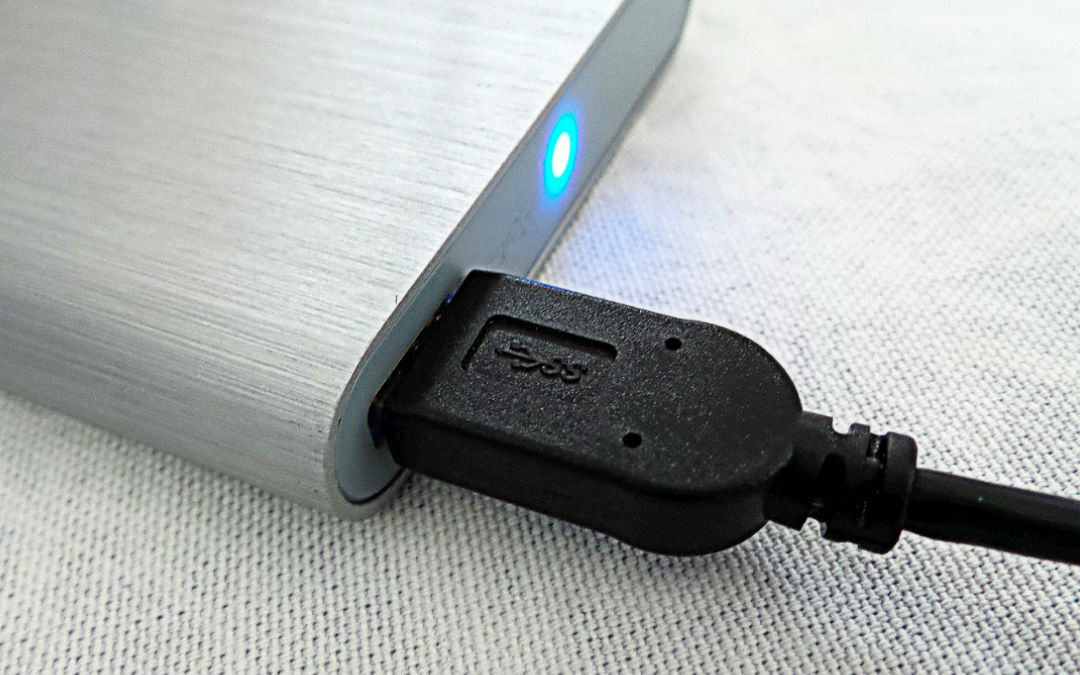
by Michael | Jul 3, 2018 | Latest News, Tech Tips
Irreplaceable family photos. Important documents. Work. The list of important data you have saved on your PC or laptop is seemingly endless. What would you do if you lost it all… before you even had a chance to think about doing a full data backup? Blind panic and face-palming, no doubt. Followed by kicking yourself for being so stupid. “How could I not have backed this up?”, you ask yourself. Then comes the wallowing in self pity. We hear you. It’s frustrating. Housing copies of all your important data is such a simple thing to do these days that having data backup measures in place is an absolute must. The truth, too, is that it’s relatively inexpensive – sometimes even completely free – to keep all of your data backed-up somewhere other than your PC or Laptop. What is Data Backup? Data backup does exactly what it says on the tin. It’s the process of copying (‘backing up’) files and folders from, say, your PC or laptop to an additional central deposit. By doing so, if you do lose the files and data from your Computer Hardware for whatever reason, you’ll have copies safely tucked away elsewhere. How Can You Lose Data and Files? There are, unfortunately, a variety of ways you can lose data and files from your PC or Laptop. Here are some of the most common causes of data loss and the need for data recovery: Computer Viruses: As well as causing a multitude of other malicious problems for your PC, one of the additional side effects of a computer virus is potential data loss. Computer...
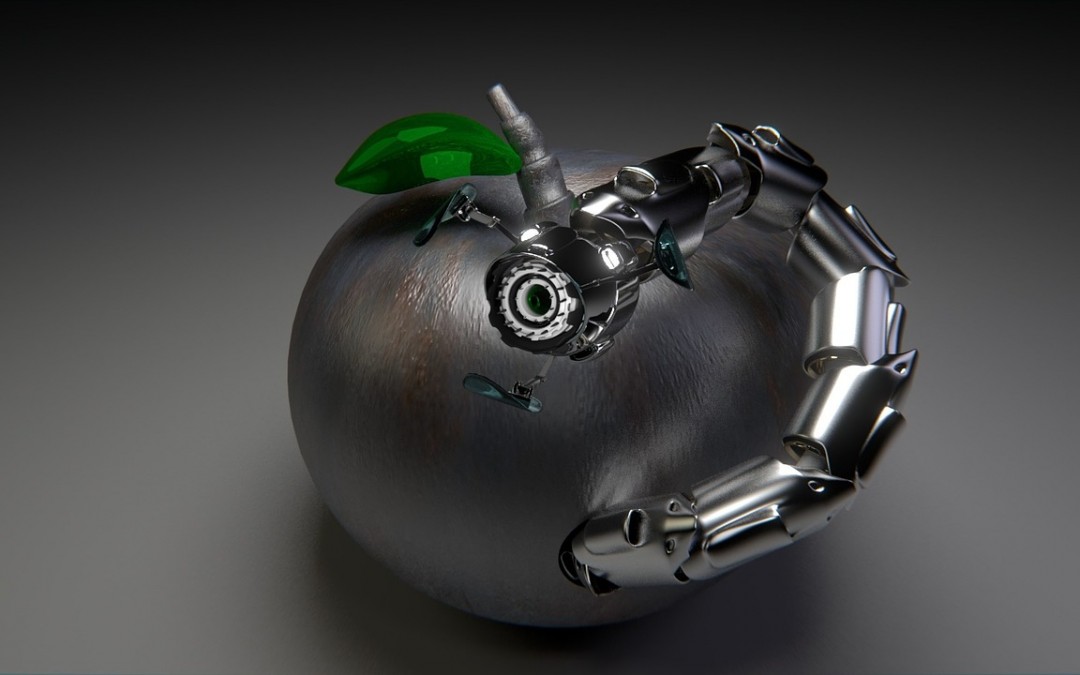
by Geeks Team | Apr 2, 2016 | Online Safety, Tech Tips
It’s every computer user’s worst fear: your computer’s got a virus. Just as we would agonise over a sick pet, we flounder and turn to an expert for a cure. It might have been from a dodgy website, or an application downloaded from the internet, or malware which hackers have sent you. While any virus should be treated seriously and you should seek out advice from tech support for it, there are some simple measures you can take to try to fix some of the symptoms in the short term, and make the virus easier to remove in the long term. Antivirus Protection It’s very true to say that the best cure is prevention. Antivirus software can detect viruses and remove them before they take hold, even without your needing to know. If you don’t have an antivirus program installed, you can get free antivirus security online from numerous websites. Avast is one of the most reliable sources out there, but obviously only download applications from sites that you have verified for yourself and can trust. You can decide how often the antivirus software scans your computer, and the running of these scans may reduce your computer’s speed but not by very much. Manual Virus Removal If you’re feeling brave, and know your way around a computer, you can try removing a computer virus manually. You can do this by first identifying the virus, using antivirus protection. You can also use an online virus scanner if you can connect to the internet. There are lots of good virus scanners around, find one specific to the kind of computer you...
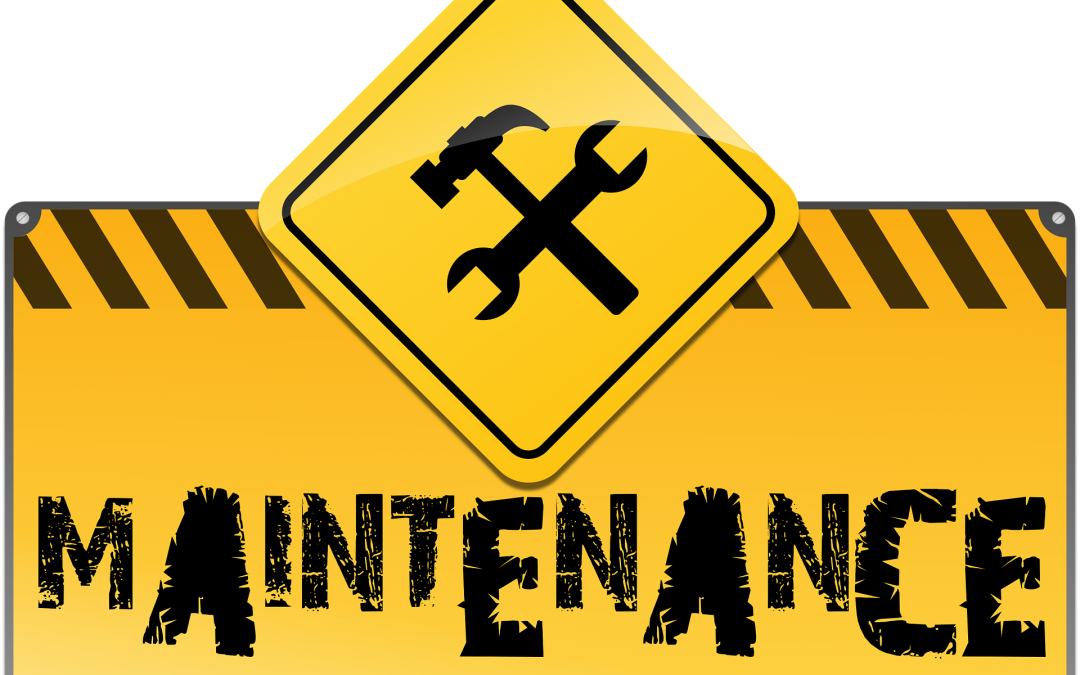
by Geeks Team | Mar 16, 2016 | Tech Tips
PCs are cheap but that doesn’t mean you can’t take active steps to make them last longer. Nowadays, processors have developed to the point where people are satisfied with a PC which is six or seven years old. There are active steps you can take to maintain your PC, to make sure it lives a long and healthy life, both in terms of software and hardware. Here are a few tips to help you do just that. Clean out dust It may sound pretty obvious, but it’s one of those things that goes to the bottom of your ‘to-do’ list. Dust collects in your PC and particularly the fan over time, meaning that your PC is at risk from overheating, which damages the internal components and could lead to your PC’s premature demise. Cleaning out dust can be easy enough, all you need is a compressed air canister and some newspaper to catch the dust and grime. Power down your PC completely and disconnect from the mains before carefully opening up and dusting the components, particularly the fan where dirt and grime can become clogged. If you are using a laptop then this can be much more difficult so great care needs to be taken to ensure you do not damage the case or any of the internal components such as the motherboard. We would suggest searching the web for comprehensive disassembly instructions. (if you are not completely confident then call us) Avoid Power Surges Voltage spikes, outages and lightning strikes are unpredictable, but they can be very damaging to the delicate electronic circuits of your computer. Even if...







Recent Comments